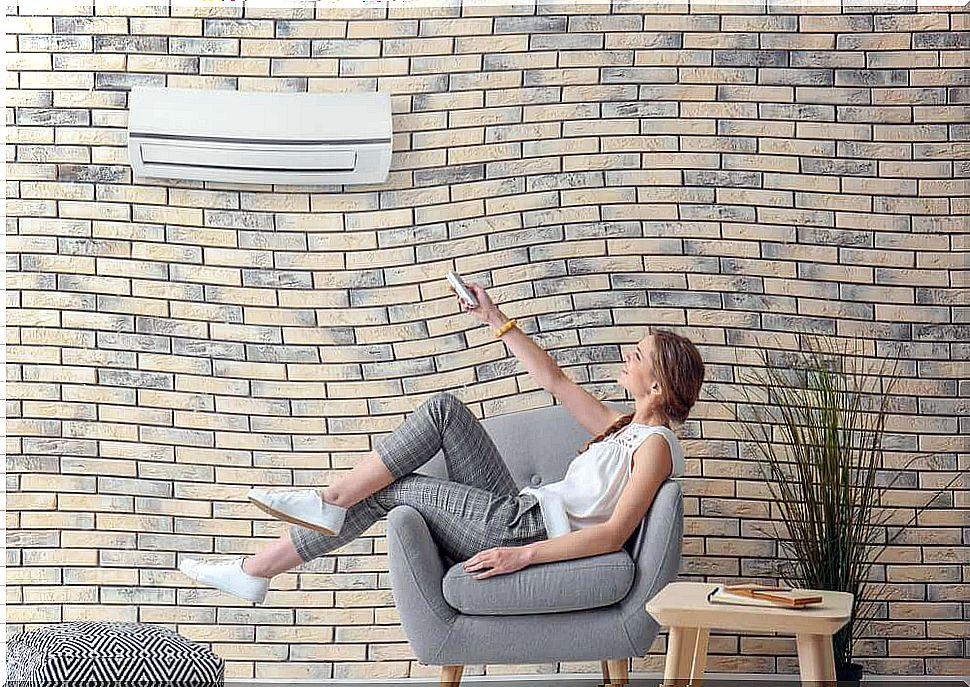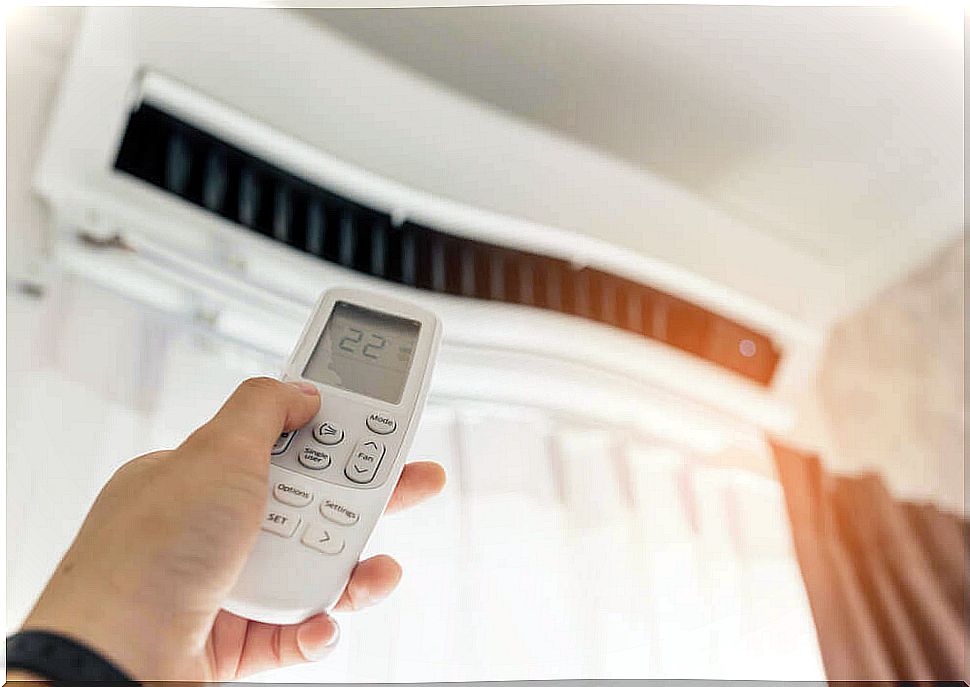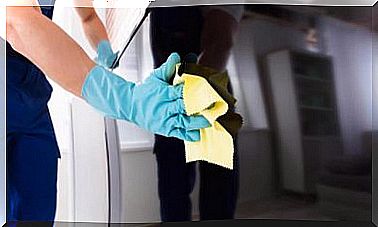What Is The Ideal Temperature To Use The Air Conditioning In A House?
The temperature of the air conditioning in our house is very important not only for our health, but also for our wallet. Indeed, improper use of air conditioning can also cause overconsumption of electricity. Find out in this article what is the ideal temperature to use the air conditioning in order to preserve your health, your electricity bill but also the environment.

A decision as simple as choosing the right temperature for the air conditioning in your home can play a decisive role in your health. But also to reduce the amount of the electricity bill you pay. In addition, the maintenance tasks of the air conditioning are also other important factors for an optimal use. You must also think about the location of the air filter but also to call on a professional service for the proper adjustment of this device.
Often, the harmful effects of air conditioning on health are due to poor maintenance of the installations. So there is no secret, to reduce the risks, you must regularly maintain your air conditioning unit. Maintain all your installations and the filters of these devices regularly to enjoy all the benefits of healthy air conditioning.
You should also remember that if you use the air conditioning, the difference between the temperature inside and outside the house should not exceed 5 ° C. To do this, it can be helpful to place the thermometers in a cold room and outside the house, in direct sunlight.
In addition, we also recommend that you take into account energy savings. In fact, by reducing your electricity consumption, you will also be able to reduce the price of your monthly bill. Find out in this article at what temperature it is best to use the air conditioning. And how to reduce your electricity bill in the best possible way.
At what temperature should the air conditioning be used?

Air conditioning is not only the ideal device for producing cold air. It is also very effective in regulating the interior temperature of a house. Due to the suffocating heat that accompanies the summer months, it’s tempting to run the air conditioning on full blast continuously. However, this is not really good for your health. Nor for your wallet. And even less for the environment.
If you still decide to use the air conditioning, you must use it responsibly. Likewise, it is recommended to use air conditioning at a minimum temperature of 25.5 ° C to maximize the energy efficiency of your home. In addition, before using the air conditioning, it is also advisable to close all windows and doors in the house. Thus, you will avoid a loss of energy.
On the other hand, you should know that most people instinctively lower the temperature of the air conditioning to achieve faster cooling. However, this is not the best decision, as setting the thermostat degrees to the lowest levels results in excessive energy consumption.
So be patient and avoid lowering the temperature of the air conditioning too much. This way , your body, which stores heat from the outside, will need less time to acclimatize. In fact, if the air conditioning is too cold than you can handle, you may experience thermal shock. This happens when there is a sudden change in temperature from outside weather conditions.
What are the health effects of improper use of air conditioning?
Air conditioning dries up the ambient air, and this can be irritating to the mucous membranes of the respiratory tract. Additionally, for people with pollen allergies, air conditioning can make symptoms worse. On the other hand, air conditioning weakens people prone to respiratory allergies, sinusitis, tonsillitis, bronchitis, or pharyngitis.
In addition, our body is particularly sensitive to large temperature variations (greater than 10 ° C). You can pass out. And in the most severe cases, suffer from respiratory arrest caused by what is called heat shock. For this reason, you need to make good use of the air conditioning. Avoid causing thermal differences when moving from one room that is cooler to another that is not so cold.
In addition to the thermal shock, the air conditioning promotes, among other things, sneezing and makes the nose run. In the mildest cases. In addition, its use can also be the cause of inconveniences such as fungi and respiratory allergies. Or ENT affections.
The most serious pathology, but also the rarest, is the famous legionellosis, which can cause respiratory failure and fever in particular, but also other complications. This disease comes from Legionella, which are bacteria that like to thrive in stagnant water whose temperature varies between 25 ° C and 43 ° C. Contamination occurs by inhaling water droplets containing bacteria suspended in the air. The water installations in question are often showers, faucets, spas, fountains etc. The frequency of the development of legionellosis will be more increased during the summer.
These bacteria proliferate especially in poorly maintained air conditioning ducts. Or even dirty cooling towers whose cooling system runs on water. But it is also found in domestic hot water networks.
How to reduce your electricity bill by using air conditioning?

The use of air conditioning brings many comforts in the house on a daily basis. However, it can also be a big extra expense if you don’t use it properly. Therefore, if you want to reduce the electricity bill, among other things, we recommend, if you have a programmable air conditioner.
This way you can program and configure your air conditioning in a more personal way. Thus, it will work less during the day when you are not occupying certain rooms in the house. In the summer, if you are one of the people who needs air conditioning to sleep better, you can program the system to lower the temperature at night.
On the other hand, you can program your air conditioning on a higher temperature during the day. You should also be aware that sleeping with the air conditioning can also cause certain health problems. So, if you can avoid these possible consequences, we suggest that you do not use the air conditioning during the off hours.
Other tips
In addition, if you live in an area with a temperate or moderate climate, you can significantly reduce the use of air conditioning. In these cases, you don’t need to use the air conditioning all day. If it is relatively cold at night, you can open the windows. Also, only run the air conditioning during the day, if that doesn’t bother you too much. Besides, you can also use ceiling fans. If you combine these two techniques you can increase your thermostat setting by 5 ° C. Do this only while you are in a room and not all day.
We also recommend that you try to control the heat sources in the house. Review the heat sources that come from outside. But also those which emanate from other electrical devices. Try to use the washing machine, dryer and dishwasher at the end of the day. Make sure you only use them during the coldest time of the day.
Try to make responsible use of the air conditioning. In addition to your health, your wallet and the environment will also thank you.









